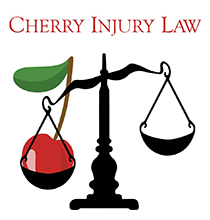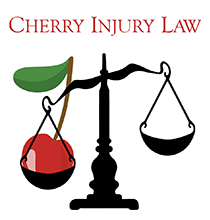Pennsylvania Down Syndrome Attorneys
Down Syndrome
Cherry Injury Law wants Pennsylvania parents to understand what Down syndrome is, why it is considered a birth defect and not a birth injury and that they may have a claim against medical professionals who failed to properly warn them of the likelihood of having a child with the condition.
Down syndrome is a genetic condition that causes the fetus to develop an extra chromosome. Down syndrome is not the result of a birth injury and may not fall under medical malpractice. The child has 21 chromosomes instead of the standard 20, which results in multiple physical problems and mental deficits.
While Down syndrome is not preventable or curable, the genetic risk can be determined in advance of conception. Medical studies show that the likelihood of having a child with Down syndrome increases along with the age of the mother. For a mother in her 20’s, the likelihood is estimated at approximately 1 in 2,000 births. By age 35, the risk increases to 1 in 365 births.
Doctors can also examine parents’ risk factors beyond age including whether the potential mother carries an abnormal chromosome. If she does, her chance of having a child with the condition increases to 1 in 10. The potential father can also be screened for this abnormality, which increases the possibility of having a child with Down syndrome to about 1 in 20. This kind of testing is not routinely done unless the parents already had a child with Down syndrome.
Once the fetus is conceived, women can be tested to see if there are signs that the developing fetus has Down syndrome. These are the most commonly used tests:
- Maternal serum checking
Blood is drawn and tested for a combination of different markers that indicate a higher likelihood of Down syndrome. - Fetal ultrasound
Doctors can use these images of the developing fetus to check for physical signs of Down syndrome. - Amniocentesis
A needle is inserted through the abdominal wall into the uterus and about an ounce of fluid containing fetal cells is withdrawn and tested for chromosomal abnormalities. - Chronic villus sampling
This is conducted much like an amniocentesis, except a small amount of tissue is taken from the placenta and tested.
Parents who were not given sufficient genetic counseling or were not tested despite certain risk factors are deprived of the choice of whether or not to conceive and/or give birth to a child with Down syndrome. The cost of care for such a child may be astronomical over time, especially if he or she suffers from commonly occurring physical issues such as a hole in the heart. There is also the emotional toll to consider as parents may have elected not to get pregnant or to terminate a pregnancy had they been given the option. These parents may have legal recourse in the form of a “wrongful life” lawsuit. Cherry Injury Law of Pennsylvania can advise Philadelphia-area parents on their legal rights and options for compensation.
Visit our site dedicated to Pennsylvania Birth Injury Law.
Contact Us Today! WE CAN HELP YOU!
If you have been seriously injured in the state of Pennsylvania by the negligence of another and if you have questions or concerns about your legal rights, please don’t hesitate to call. Our Pennsylvania injury attorneys are available 24 hours a day to speak with you, and we welcome all calls at no charge. Contact us today at 610-565-0300.








 Cherry Injury Law RSS Feed
Cherry Injury Law RSS Feed



